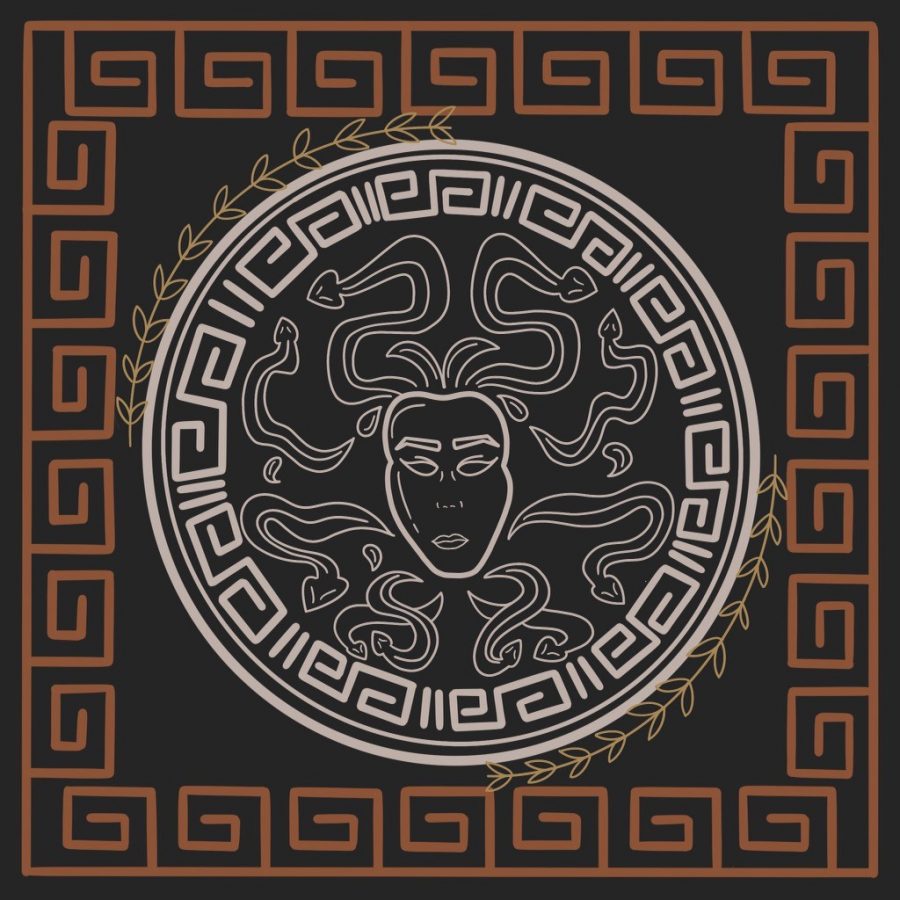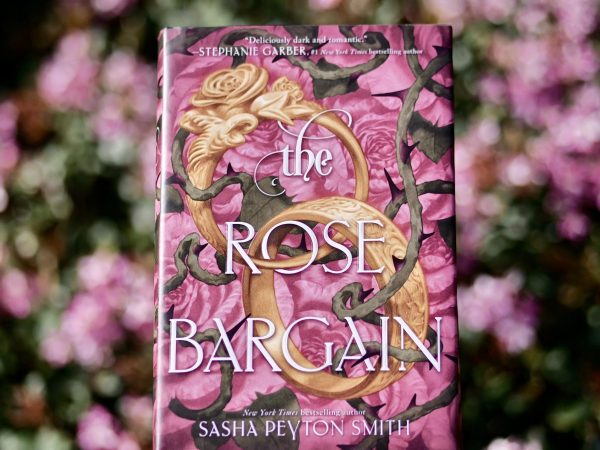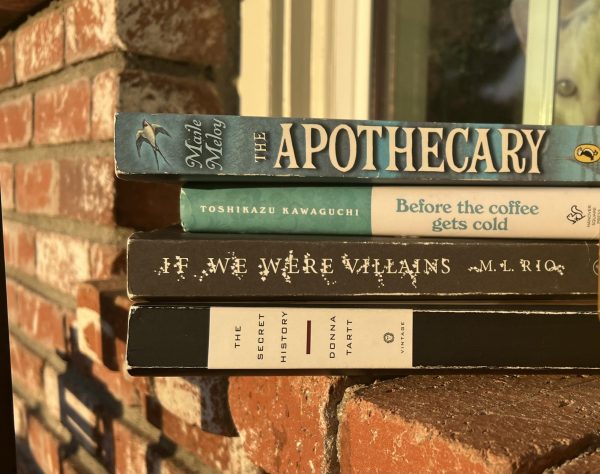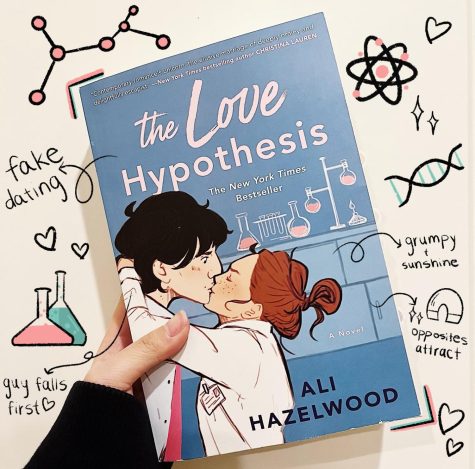‘Lore’: An Authentic, Action-Packed Reimagining of Greek Myths
As the descendant of Perseus, slayer of Medusa, Lore’s family bears the mark of the Gorgon; most Greek legends depict Gorgons as creatures with hair made of living, venomous snakes that are capable of turning anyone into stone with one look.
What if you had the chance to attain immortality? What lengths would you reach to take revenge for your bloodline? The 2021 young-adult novel Lore, by Alexandra Bracken, answers these questions in a reimagined take on classic Greek myths and legends and contemporary-urban fantasies.
Punished for a past rebellion, nine of the Greek gods are forced to shed their immortality and participate in the Agon every seven years. Once the Agon begins, they must survive, or die, by the hands of the descendants of ancient bloodlines, aching to possess divine power and immortality.
As the next Agon begins, we follow Melora “Lore,” who is the last of her bloodline, the house of Perseus. After her family is brutally murdered by a rival line years ago, she flees from the hunt and turns away from exacting revenge. However, after a sudden encounter with Athena, one of the last remaining original gods, she forms an alliance with the goddess of wisdom after being offered a chance for vengeance and a way to break free of the Agon forever.
Lore takes on a fresh stance on the unbalanced divide of power between males and females throughout Greek mythology. Like Lore, many of the female descendants were cast down, and reading this book from a woman’s point of view is a reminder of the extent to which traditional Greek myths portrayed women as weak and submissive characters.
Halfway through the Agon with Athena, Lore questions why “female hunters aren’t supposed to claim a god’s power.” In classic myths, Circe, the goddess of sorcery, was seen as an evil witch and was later exiled by her own father. Similarly, Pandora, the first woman created by Hephaestus, eventually met her destruction when she succumbed to her curiosity and opened Pandora’s box.
Although these traditional stories emphasize the absolute nature of the gods and illustrate women as troublesome and flawed beings, Lore’s bold and daring character is a refreshing contrast to traditional gender norms ing Greek mythology.
Without spoiling too much about this story, some things were definite, friendships were tested, secrets of the past resurface, and sometimes the truth isn’t what it seems. In addition, the aspects of redefining the tales as we believe are intriguing — there’s hidden truth beneath the false beliefs and deceits.
Reading Lore’s journey from the start to the end in the Agon made me think back on my own life and what I believe as the “truth.” Bracken writes, “It’s not always the truth that survives, but the stories we wish to believe. The legends lie.” The impact of realizing that everything you believed in is false is enough to completely shatter your confidence in others and yourself. While this may discourage others, Lore’s steadfast courage and determination prevails, keeping her from losing hope and giving into utter defeat.
For those who love decoding events throughout parallel timelines, revisiting classic Greek mythology with a twist, and learning about both the old and new gods alike, this book is for you. It triggers nostalgia for our childhoods, a time when we were fascinated by the exciting stories of Greek mythology.
By warping the very essence of how people imagine the Greek gods, Bracken’s Lore combines modern times with ancient tales in her “modern myth” retelling.
Your donation supports the student journalists at Brea Olinda High School! The contribution will help us purchase equipment, upgrade technology, and cover our annual website hosting costs.
Senior Amber Kim is an avid reader/foodie. This is her third year on staff, and she can't wait to share about local eateries that peak her interest; alongside...








